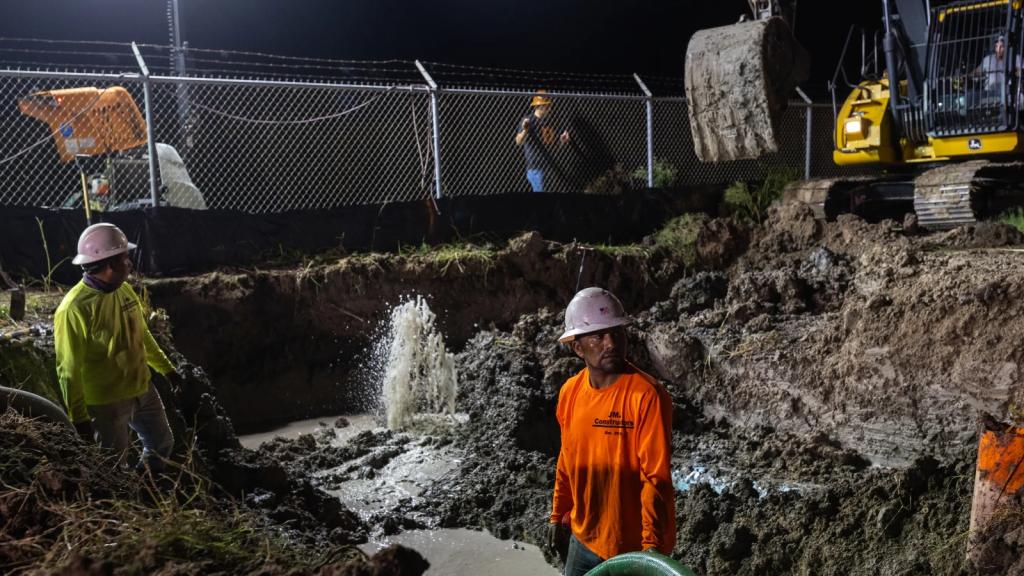There’s recently been a flurry of ecoblogospheric attention paid to James Howard Kunstler and his new book The Long Emergency. (We’ll have an interview with Kunstler on Grist in the next week or so.)
Kunstler gained an audience by writing several books about the evils of suburban sprawl, and then hooked up with "the kids" via a long excerpt from TLE published in Rolling Stone.
What prompted the outpouring is this interview in Salon, which contains such juicy tidbits as this:
One thing that I’m predicting is that there will be a vigorous and futile defense of suburbia and all its entitlements, no matter what reality is telling us to do. And this will translate into a lot of political mischief. You can quote me: Americans will vote for cornpone Nazis before they will give up their entitlements to a McHouse and a McCar.
Duly quoted.
Treehugger linked the interview here and then ran a longer review of the book. Both have some good discussion in comments. Worldchanging writer Jon Lebkowsky wrote a short review that — no doubt to the horror of his relentlessly positive editors — is fairly sympathetic to the book’s dark conclusions. I found the discussion in WC’s comments particularly interesting.
Personally, I think Kunstler has a bad case of apocalyphilia. He seems to positively delight in the thought of civilization descending into upheaval (a commenter points out that he was equally dire about the Y2K crisis — remember that?). But as Alex says in comments, "he enjoys in completely unrealistic ways the prospect of the apocalypse, seeing it as a purging event, when, in fact, if we hit that wall as hard as he obviously likes to think we will, there ain’t gonna be anything pretty or positive about it."
Myself, I’m temperamentally averse to grand "the end is nigh" theories, because the end is fairly rarely actually nigh. But that’s just it: my temperament. As David Foley wisely points out, "most of these comments are externalizing onto Mr. Kuntsler the internal demons and addictions of the commentators."
In the end, most of these grand pronouncements on the shape of the future are projections from the pronouncer’s personality and personal experiences. A system as enormous and complex as ours is highly unlikely to change suddenly into a distinct entity that can be described in a few snappy paragraphs. As enigmatic commenter Mr. Farlops says:
"When the future becomes the present it’s neither optimistic or pessimistic. It’s just confusing and different."
Yup.


